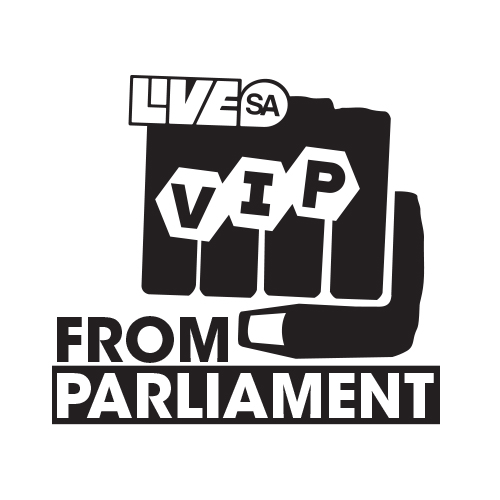By Rofhiwa Maneta
On Tuesday, the Minister of Finance, Nhlanhla Nene delivered his maiden budget speech to the National Assembly. It was a speech that announced the first income tax increase in 20 years, an increase in sin tax and an increased fuel levy that is set to trigger an increase in fuel prices. Opposition parties have panned Nene’s speech, with the EFF’s parliamentary leader Julius Malema saying he believes corporate tax should have been increased and the fact that it wasn’t is “confirmation of a state which is in cahoots with capital against ordinary people”. Similarly, Democratic Alliance MP Mmusi Maimane reacted to Nene’s speech by stating: “[The] increase in tax and fuel levy will affect working South Africans who also use the roads. We are in for a difficult period.”
But what, if anything, did the budget speech say about youth related issues. How does Minister Nhlanhla Nene plan to address the problems that South Africa’s largest demographic face?
Education
South Africa’s education system, and the number of challenges it faces, has been extensively documented. From the lack of infrastructure in rural schools to the textbook saga in Limpopo and government financial aid scheme NSFAS’ announcement that it won’t be able to finance half of their intended beneficiaries, things have been looking grim lately. To resolve this, the Minister of Finance has “allocated R640 billion to basic education during the next three years”, while also announcing plans to improve infrastructure and build public libraries.
“The school infrastructure backlogs programme is allocated R7.4 billion for the replacement of over 500 unsafe or poorly constructed schools,” Nene said. “The budget also includes R4.1 billion over the MTEF [Medium Term Expenditure Framework] period to built and support libraries. School and community sport programmes and sports academies will also receive R1.7 billion in conditional allocations to provinces,” he added.
HIV/AIDS
The transmission of HIV among young people is still a big deal. In fact, the National Youth Policy cites the disease as “a major health concern among youth”. A Statistics SA survey also found HIV to be the second highest killer of young people despite our country having one of the most extensive treatment programs in the world.
Unfortunately, the Minister of Finance didn’t give much detail on how he plans to address this – only mentioning that by 2018 the government will have spent R178 billion on health while also stating that the government now has 3 million people on its antiretroviral treatment.
“Our antiretroviral treatment programme now reaches three million patients,” he began. “The mother-to-child transmission of HIV has decreased from 20 percent a decade ago to 2 percent last year, and is further expected to decline in the period ahead,” he concluded his vague plan to tackle a disease responsible for 11 percent of deaths in the 15 to 44 age group.
Social grants
Nene also stated there would be an increase in social grants, more specifically the child support grant, the care dependency grant and the foster care grant: I am pleased to announce adjustments to monthly social grants with effect from the 1st of April. Child support grants will increase to R330 and foster care grants will increase by R30 to R860.
The EFF’s Julius Malema criticised Nene’s decision to increase grants, saying the government should create jobs to combat the dependency on grants. “We are not impressed with the issues of social grants. All we need is jobs for our people,” said Malema. “They should have introduced a very clear mechanism on how jobs are going to be created in order to reduce spending on social grants,” the EFF’s parliamentary leader concluded.
For a simplified breakdown of the budget, see this infographic.

Live from Parliament casts a youth lens on parliament and government, covering committees, policy-making, MPs and the sitting of actual Parliament. Our team of youth journalists will be reporting Live from Parliament every week in partnership with the People’s Assembly and Indigo Trust. The People’s Assembly connects people and their elected representatives. To stay in touch with your local MP, visit www.pa.org.za, follow them on Twitter @PeoplesAssem_SA or Facebook/PeoplesAssemblySA.


Comments
Keep comments free of racism, sexism, homophobia and abusive language. People's Assembly reserves the right to delete and edit comments
(For newest comments first please choose 'Newest' from the 'Sort by' dropdown below.)